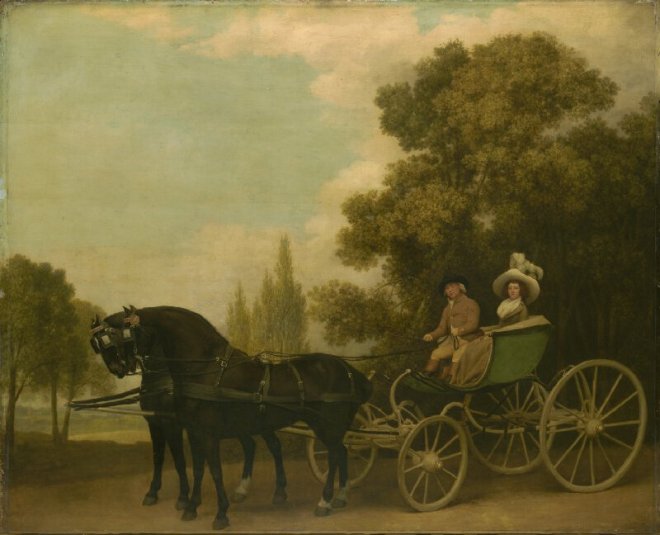This week’s Footnotes on Friday is a cry for help.
I’ve dropped one of my characters into trouble, and I need atmospheric detail and historic fact on the way to getting her out. Are any of you experts in Edinburgh’s underground?
Amy Cunningham, daughter of Susan Cunningham and granddaughter of Lord Henry Redepenning, has been kidnapped and is being held in the cellar of a house somewhere in Edinburgh. She finds that a pile of rubbish hides either a hole or a trapdoor that lets her into Edinburgh’s underground ways, where she has various adventures and experiences before being taken up by an amiable crowd of university students/apprentices/seamstresses or whatever I decide, and escorted to her family townhouse.
But which underground ways?
I’ve narrowed it down to the South Bridge Vaults or Mary King’s Close, both of which were available to me in 1812.
The Vaults are chambers formed in the arches of South Bridge, which was built in 1788. South Bridge was a shopping arcade that bridged a gully, and the 19 arches beneath it contained 120 rooms that quickly filled up with taverns, tradesmen’s workshops, and slum housing. All in the dark, and increasingly illicit and nasty.
 Robert Louis Stevenson described the places in his 1878 book Edinburgh: Picturesque Notes:
Robert Louis Stevenson described the places in his 1878 book Edinburgh: Picturesque Notes:
“…under dark arches and down dark stairs and alleys…the way is so narrow that you can lay a hand on either wall. (There are) skulking jail-birds; unkempt, barefoot children; (an) old man, when I saw him last, wore the coat in which he had played the gentleman three years before; and that was just what gave him so preeminent an air of wretchedness.”
 Mary King’s Close is a relict of a much earlier time. In a city enclosed by walls, it’s common for new buildings to be erected on top of old ones, the weight of centuries sinking the past with cellars containing what was once the street or even upper floors of a building. Legend has it that Mary King’s Close, which is under the City Chambers, was sealed up in the 1640’s to prevent still living plague victims from infecting the rest of the city. Another source I found says, more pragmatically, that the City Fathers of the time were worried about losing trade to the New Town so they:
Mary King’s Close is a relict of a much earlier time. In a city enclosed by walls, it’s common for new buildings to be erected on top of old ones, the weight of centuries sinking the past with cellars containing what was once the street or even upper floors of a building. Legend has it that Mary King’s Close, which is under the City Chambers, was sealed up in the 1640’s to prevent still living plague victims from infecting the rest of the city. Another source I found says, more pragmatically, that the City Fathers of the time were worried about losing trade to the New Town so they:
decided to build a grand new Royal Exchange. And they found the perfect spot opposite St Giles Cathedral, with just one small problem – the streets of houses already there. But rather than knocking them down, they took the top floors off and used the lower floors as foundations. Mary King’s Close was covered over and swallowed up into the building’s basement. The sloping ground meant the houses fronting the Royal Mile were destroyed but further down the close whole houses were buried intact. [https://www.ontheluce.com/underground-edinburgh-mary-kings-close/]
People being people, many of the denizens refused to leave, and you could drop into the underground right up until the start of the twentieth century to have a wig made or to buy tobacco.
So which one? And what would it have seemed like to a gently-born if feisty 15-year-old Regency maiden? Can anyone help? Drop me a message on my contact page. I’d love to hear from you.





















